Suella Braverman - and five of the other most divisive politicians since Brexit
Home secretary is one of a new breed of UK politician to have emerged in the past six years
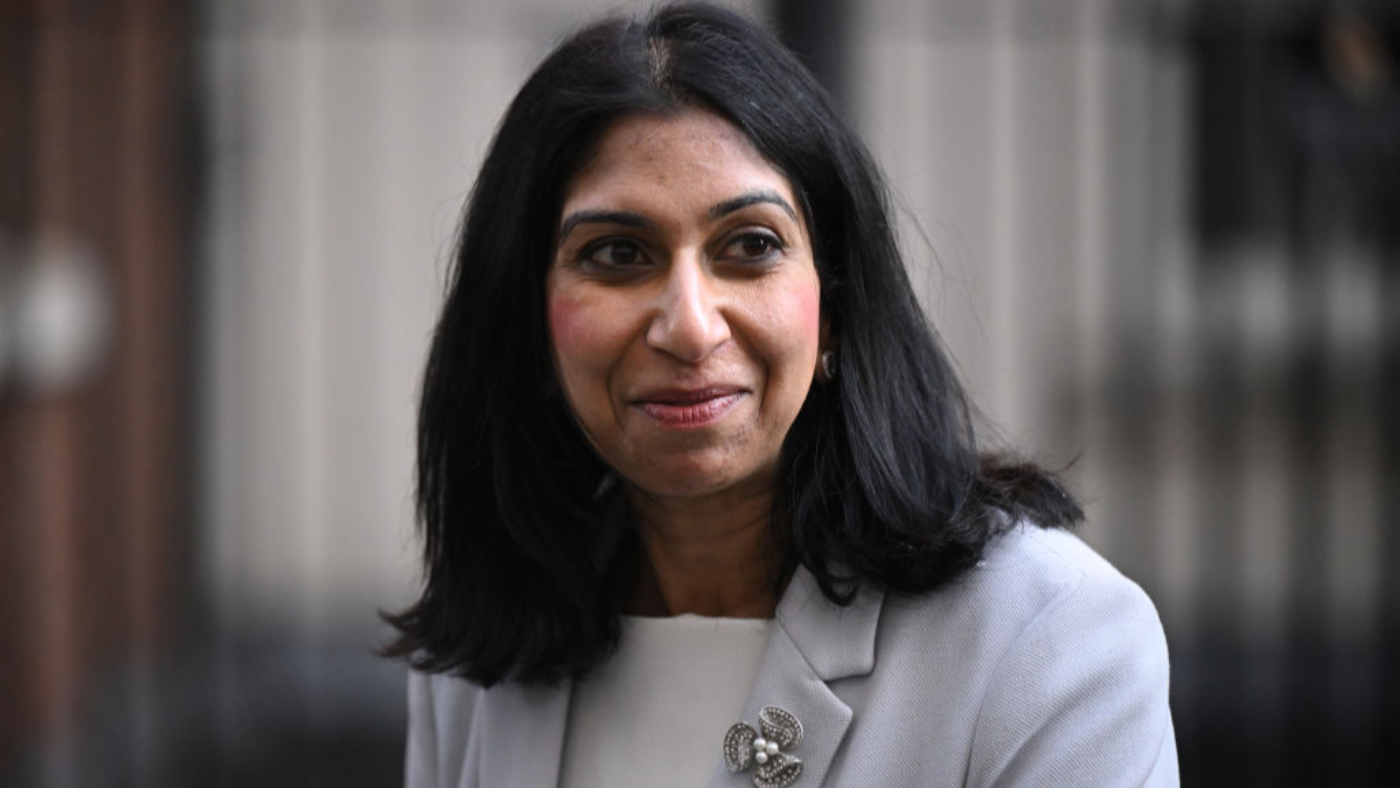
A free daily email with the biggest news stories of the day – and the best features from TheWeek.com
You are now subscribed
Your newsletter sign-up was successful
Home Secretary Suella Braverman is the latest British politician to be described as “divisive” after she spoke of a migrant “invasion” of Britain.
Most Tory MPs “loved it”, said Sky News. “She spoke for the nation in saying we need to control this problem,” said Sir John Redwood, a fervent Brexiteer.
There was support in the media, too, with Sam Ashworth-Hayes arguing in The Spectator that Braverman’s critics “ignore an uncomfortable truth” that her statement is “essentially correct”. The Sun’s political editor Harry Cole agreed, telling LBC: “Yes it was divisive, yes it was punchy, yes it was controversial but she was saying what lots of people are thinking.”
The Week
Escape your echo chamber. Get the facts behind the news, plus analysis from multiple perspectives.

Sign up for The Week's Free Newsletters
From our morning news briefing to a weekly Good News Newsletter, get the best of The Week delivered directly to your inbox.
From our morning news briefing to a weekly Good News Newsletter, get the best of The Week delivered directly to your inbox.
However, said Braverman’s opposite number for Labour, Yvette Cooper, “no home secretary who was serious about public safety or national security would use highly inflammatory language on the day after a dangerous petrol bomb attack on a Dover initial processing centre”.
Even some Tory ministers have distanced themselves from Braverman. Graham Stuart, a Foreign Office minister until September, said that “unfortunate language” had been used, and Immigration Minister Robert Jenrick told BBC Radio 4's Today: “It’s not a phrase I’ve used.”
Braverman is something of a new breed of UK politicians that has emerged in the wake of Brexit. The vote to leave or remain in the EU “scrambled partisan affiliations and created new, polarised political identities around one dominant issue”, Matthias Matthijs, a senior fellow at the Council on Foreign Relations and an associate professor at Johns Hopkins University, told Vox.
The Week takes a look at some of the other politicians who have divided public opinion since June 2016.
A free daily email with the biggest news stories of the day – and the best features from TheWeek.com
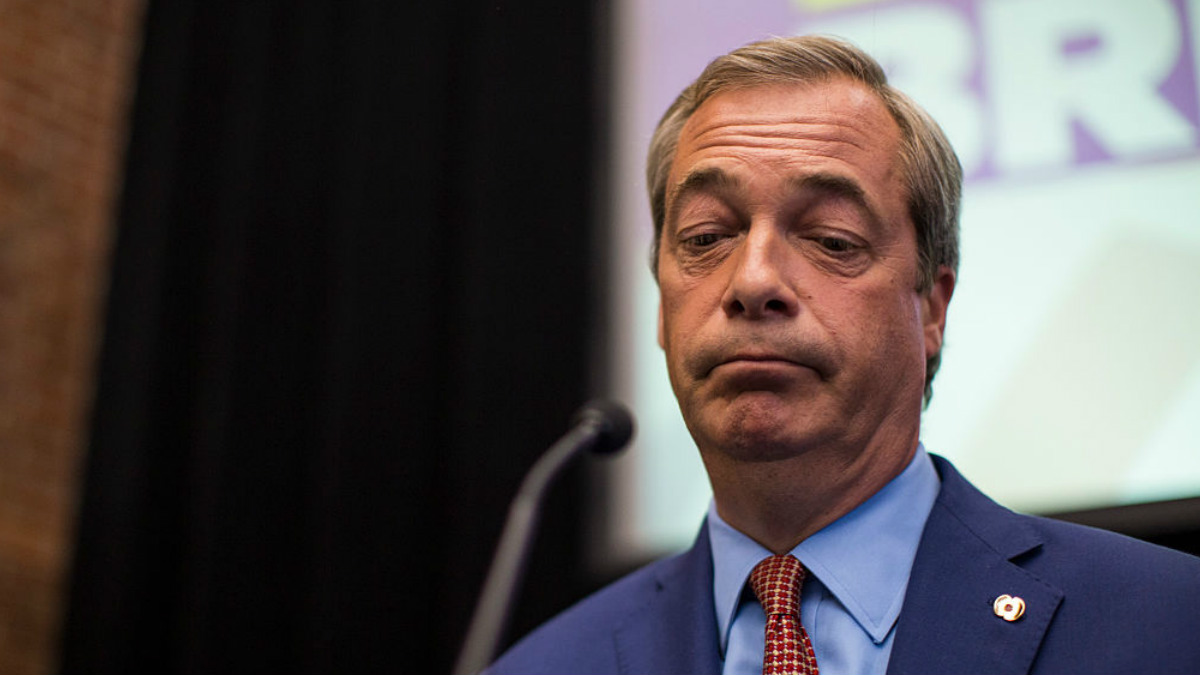
Nigel Farage
Named “Briton of the Year” by The Times in 2014, Farage is credited by many as the man behind Brexit. A “man of the people”, said Sky News in a 2015 profile, who understood public opinion, Farage is also seen as the man responsible for the uncertain state of the country following the UK’s exit from the European Union.
He “has been (and remains) one of the most divisive figures in British politics of the post-war period”, wrote Dr Andrew Roe-Crines for UK in a Changing Europe. Farage is a “hero to many, and a villain to many others”, and “very few would claim to have a neutral opinion” of him.
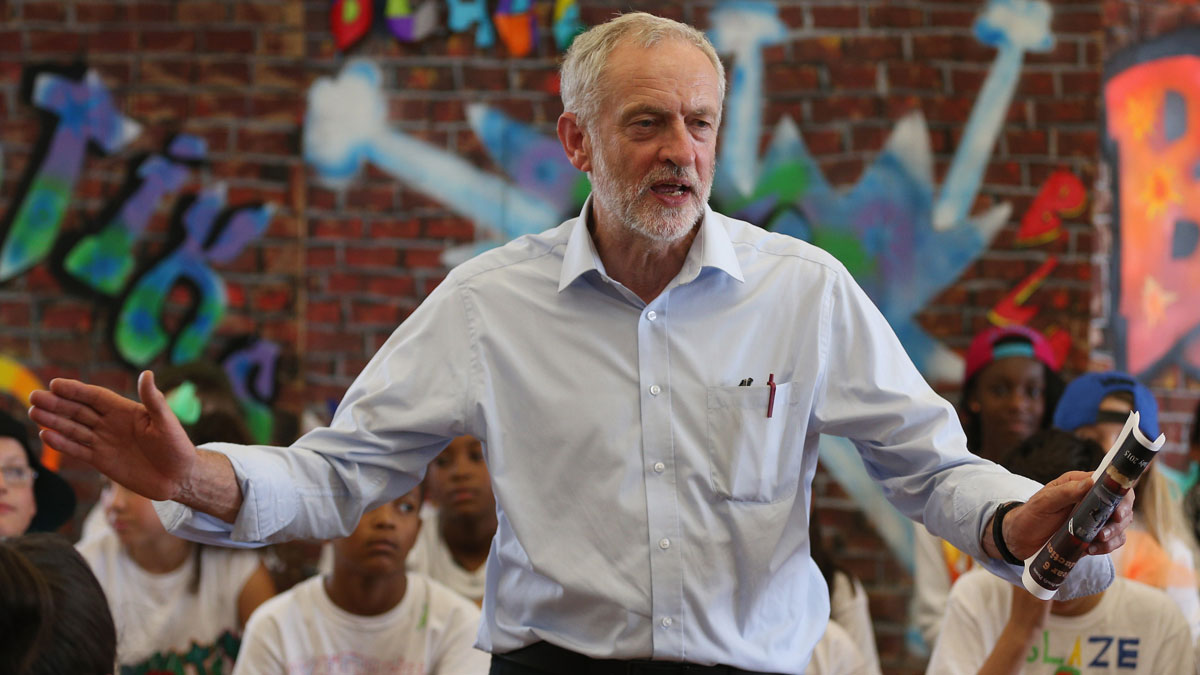
Jeremy Corbyn
To his admirers, the former Labour leader was a beacon of hope for progressive, left-wing and compassionate policies. To his detractors, he was an extremist, whose plans made Labour unelectable and who failed to sufficiently challenge anti-Semitism in his party.
“If there’s one thing everyone agrees on when it comes to Jeremy Corbyn,” said The Guardian, “it is that he is a divisive figure.” His legacy within the party is seen in the reign of his successor, which has taken the party in a very different direction.
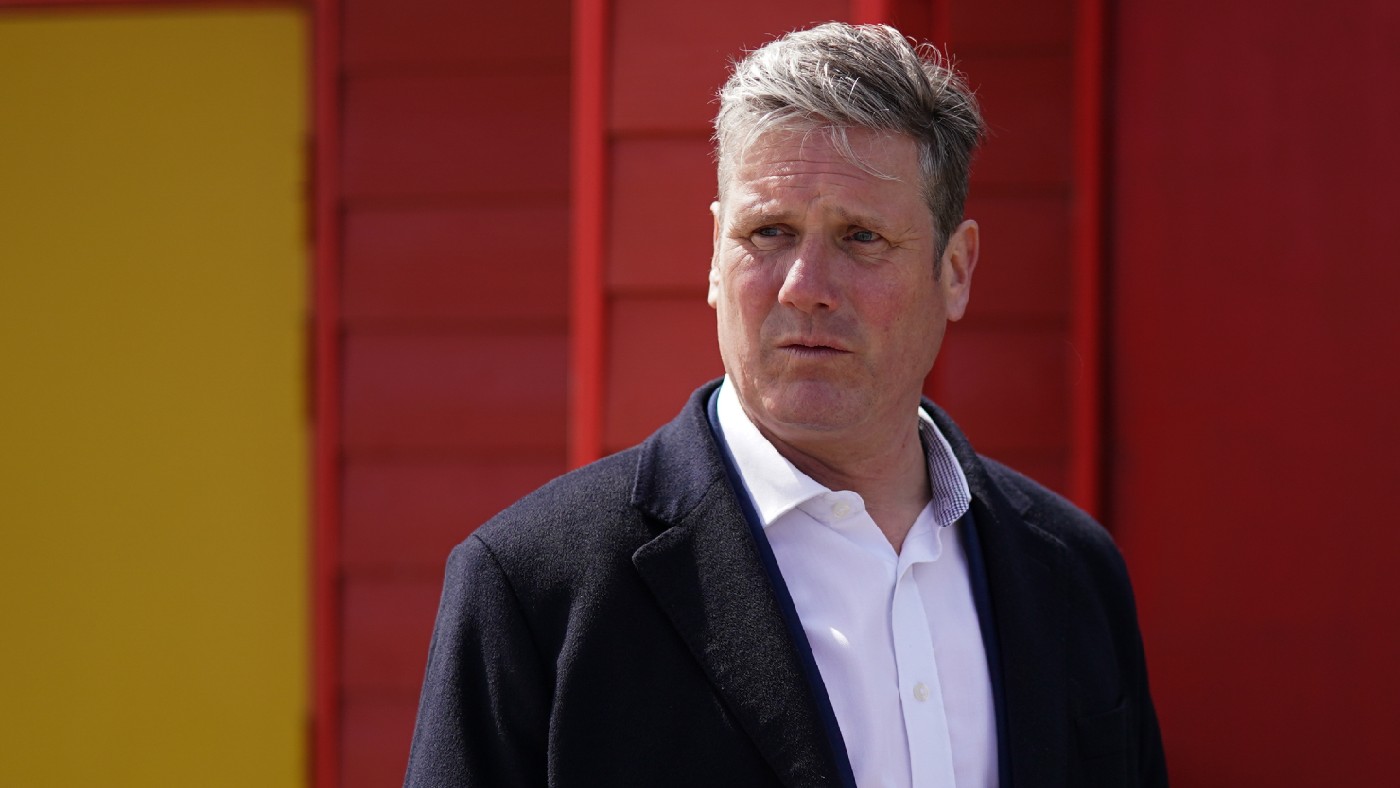
Keir Starmer
Keir Starmer took over as leader of the Labour Party in the wake of the 2019 general election defeat and has since courted controversy by suspending his predecessor, Jeremy Corbyn, expelling members on the left of the party and facing accusations of pulling his punches in his dealings with the Tory government.
However, his supporters have praised his approach as a sensible breath of fresh air. “Finally, there’s a grown-up in charge,” wrote Ian Dunt, for Politics.co.uk. With Labour taking opinion poll leads as high as 36 points, his supporters feel Starmer’s measured manner has been vindicated.

Nicola Sturgeon
The Scottish nationalist was described by a political opponent as “the most divisive politician since Margaret Thatcher”, noted The Scotsman. Her tireless quest for a second independence referendum is as loathed by her opponents as it is cheered by her supporters.
Last month, Sturgeon was accused of “divisive rhetoric”, said the BBC, when, asked if she would prefer a Labour or Tory government, she said: “I detest the Tories and everything they stand for so it’s not difficult to answer that question.”
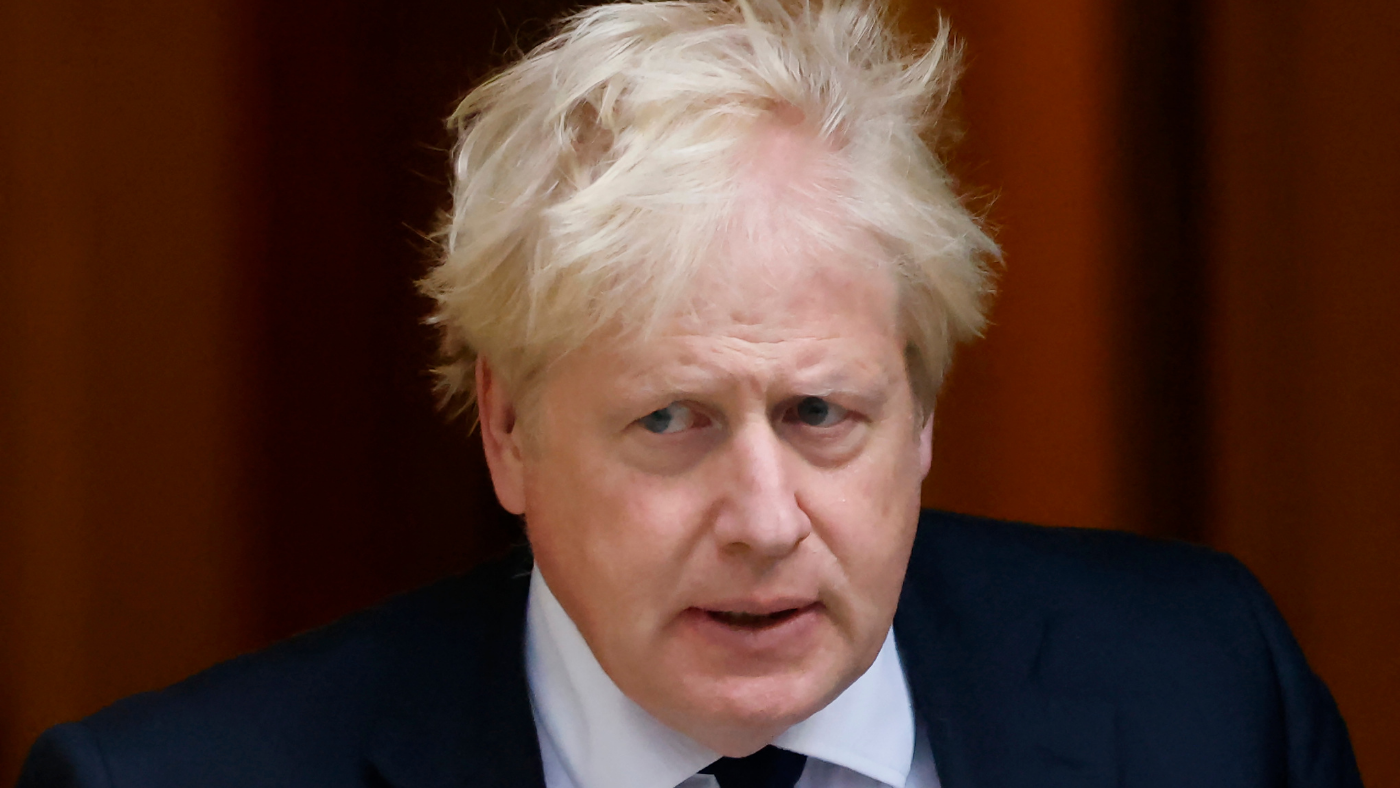
Boris Johnson
Fans of the former prime minister were charmed by his bumbling style and say his reign in Downing Street was marked by him “getting Brexit done”, overseeing the speedy roll-out of Covid vaccines and backing Ukraine in the face of Russian aggression.
However, Johnson’s critics argue his time as PM was symbolised by rule-breaking parties and by the UK having one of the highest Covid death rates in Europe. There were also “accusations of sleaze and cronyism”, said the BBC.
-
 What to know before filing your own taxes for the first time
What to know before filing your own taxes for the first timethe explainer Tackle this financial milestone with confidence
-
 The biggest box office flops of the 21st century
The biggest box office flops of the 21st centuryin depth Unnecessary remakes and turgid, expensive CGI-fests highlight this list of these most notorious box-office losers
-
 What are the best investments for beginners?
What are the best investments for beginners?The Explainer Stocks and ETFs and bonds, oh my
-
 How corrupt is the UK?
How corrupt is the UK?The Explainer Decline in standards ‘risks becoming a defining feature of our political culture’ as Britain falls to lowest ever score on global index
-
 The Mandelson files: Labour Svengali’s parting gift to Starmer
The Mandelson files: Labour Svengali’s parting gift to StarmerThe Explainer Texts and emails about Mandelson’s appointment as US ambassador could fuel biggest political scandal ‘for a generation’
-
 Will Peter Mandelson and Andrew testify to US Congress?
Will Peter Mandelson and Andrew testify to US Congress?Today's Big Question Could political pressure overcome legal obstacles and force either man to give evidence over their relationship with Jeffrey Epstein?
-
 Reforming the House of Lords
Reforming the House of LordsThe Explainer Keir Starmer’s government regards reform of the House of Lords as ‘long overdue and essential’
-
 How long can Keir Starmer last as Labour leader?
How long can Keir Starmer last as Labour leader?Today's Big Question Pathway to a coup ‘still unclear’ even as potential challengers begin manoeuvring into position
-
 What is at stake for Starmer in China?
What is at stake for Starmer in China?Today’s Big Question The British PM will have to ‘play it tough’ to achieve ‘substantive’ outcomes, while China looks to draw Britain away from US influence
-
 Can Starmer continue to walk the Trump tightrope?
Can Starmer continue to walk the Trump tightrope?Today's Big Question PM condemns US tariff threat but is less confrontational than some European allies
-
 Three consequences from the Jenrick defection
Three consequences from the Jenrick defectionThe Explainer Both Kemi Badenoch and Nigel Farage may claim victory, but Jenrick’s move has ‘all-but ended the chances of any deal to unite the British right’